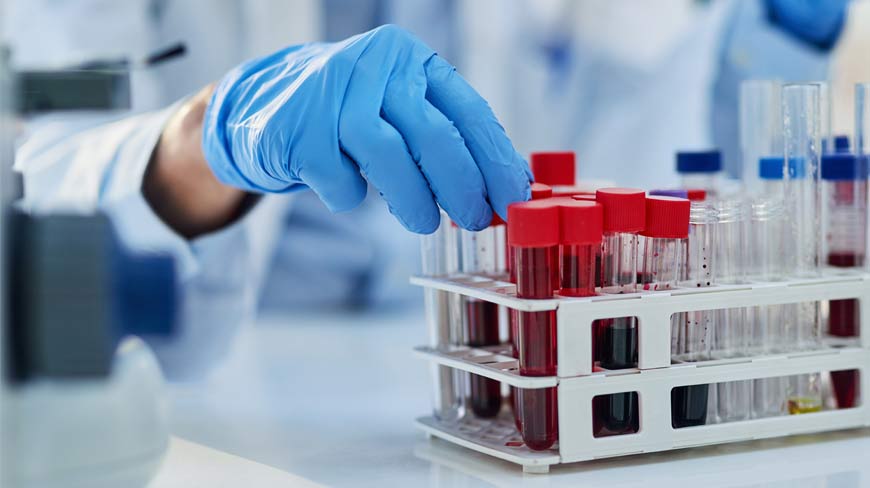Blood Tests for Colon Cancer: Do They Work?
Colorectal cancer is one of the most common cancers in adults, and, when caught early, it’s also one of the most treatable.
While colonoscopy is still the gold standard for screening, some people avoid it because they are nervous or find it inconvenient. They may have an interest in pursuing alternative options, like blood tests for colon cancer. But the question is: Do they actually work?
Blood Tests for Cancer Cancer Screening?
A newer option, called the Shield blood test, is a non-invasive blood test that looks for signs of colorectal cancer in your bloodstream. It works by detecting small pieces of DNA that may come from cancer cells. These pieces are called cell-free DNA, and if certain changes or mutations are found, it may be a sign that cancer is present.
This test doesn’t require stool collection or colon prep, just a blood draw. It’s done at your doctor’s office and then sent to a lab for analysis.
Who Can Use the Shield Test?
Shield is meant for people who:
- Are 45 years or older
- Are at average risk for colorectal cancer
That means you can use this test if you’ve never had colorectal cancer, precancerous polyps, or conditions like inflammatory bowel disease. It is not recommended if you have a family history of colorectal cancer or genetic syndromes that raise your risk.
What Do the Results Mean?
If the test is positive, it means the Shield test picked up changes in your DNA that could be related to colorectal cancer. It doesn’t confirm you have cancer, so you’ll need a follow-up colonoscopy to find out more. It can sometimes give a false positive result, meaning the test shows signs of cancer when there isn’t any. In that case, you’ll still need a diagnostic colonoscopy, which your insurance plan may not cover.
If the test is negative, it means no cancer-related DNA changes were found. However, a negative test doesn’t guarantee that you’re cancer-free. Some cancers, especially early ones, may have been missed!
How Accurate are Blood Tests for Colon Cancer?
Shield does well at detecting later-stage cancers, including Stages II, III, and IV. But it’s much less reliable for early detection. In fact, it only detects about 55 to 65% of Stage I cancers, and it misses about 87% of precancerous growths, known as advanced adenomas.
That’s important data because finding and removing precancerous polyps is how we prevent cancer in the first place. Colonoscopy is much better at doing that.
Why Colonoscopy Remains the Gold Standard
Colonoscopy enables gastroenterologists to examine the inside of your colon and rectum using a small camera.
If your doctor finds any suspicious growths, such as polyps, they can often remove them during the procedure, preventing cancer before it starts.
It’s also the only test that can both detect and treat precancerous changes in the same visit.
If you choose a non-invasive option like Shield, a positive result must always be followed by a colonoscopy to find out what’s really going on. The blood test is not a diagnostic test.
Are Blood Tests a Good Option for Colon Cancer Detection?
Shield may be a good option if you are unable to have a colonoscopy due to health problems. But it’s not a substitute for a colonoscopy, especially if you’re at high risk or have symptoms like:
- Rectal bleeding
- Unexplained weight loss
- A change in bowel habits.
Before choosing blood tests for colon cancer screening, remember:
- It is a screening tool, not a diagnostic test
- A positive result needs follow-up with a colonoscopy
- A negative result doesn’t rule out cancer or polyps
- It’s not meant for people with a personal or family history of colon problems
Colon cancer screening saves lives, and there are different ways to do it. Blood testing is a newer option that may be an option for some people. But colonoscopy is still the best way to diagnose early cancer or prevent it entirely.
Don’t delay your colonoscopy any longer – schedule an appointment today!
Request Appointment
Related:


